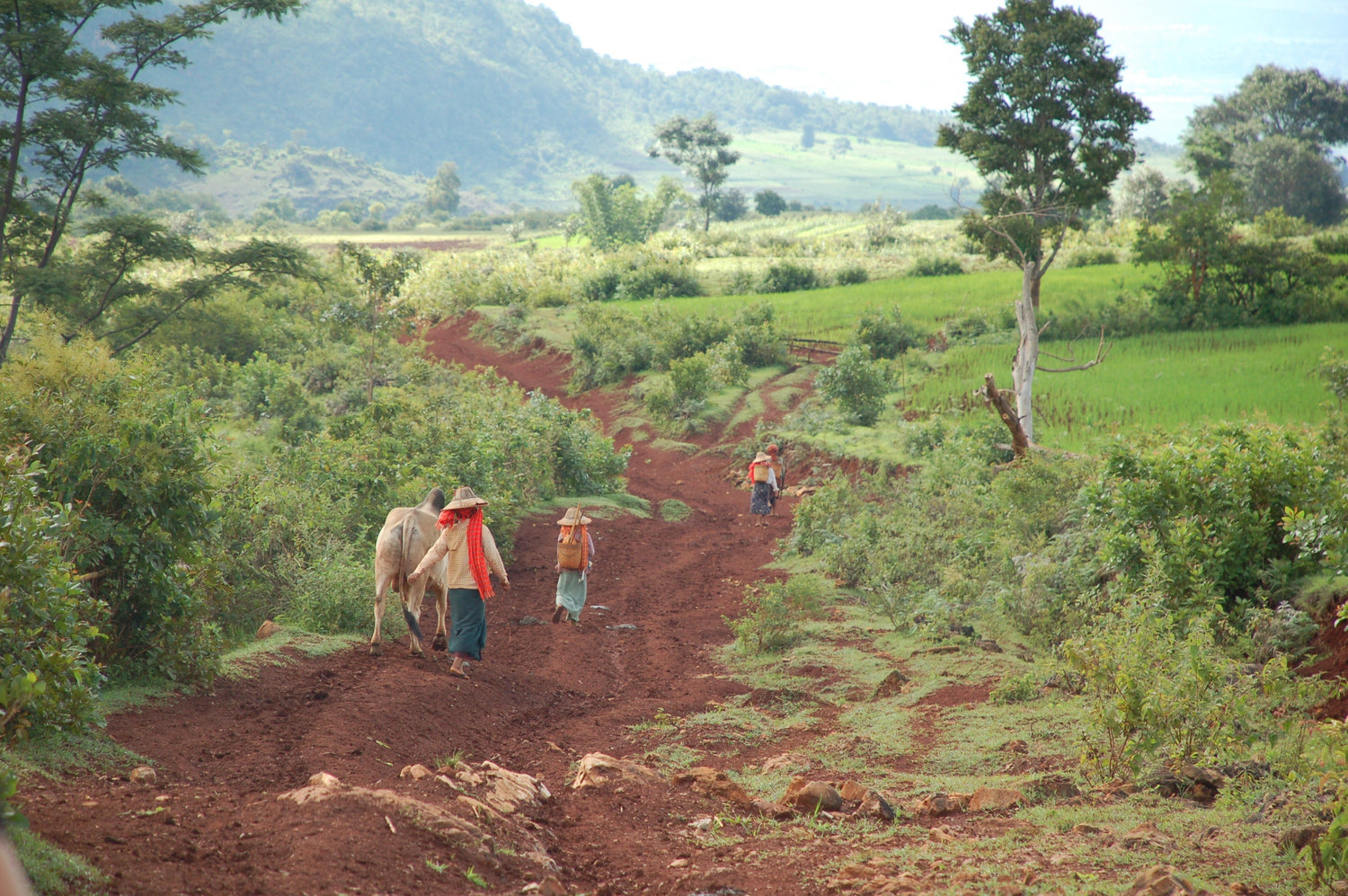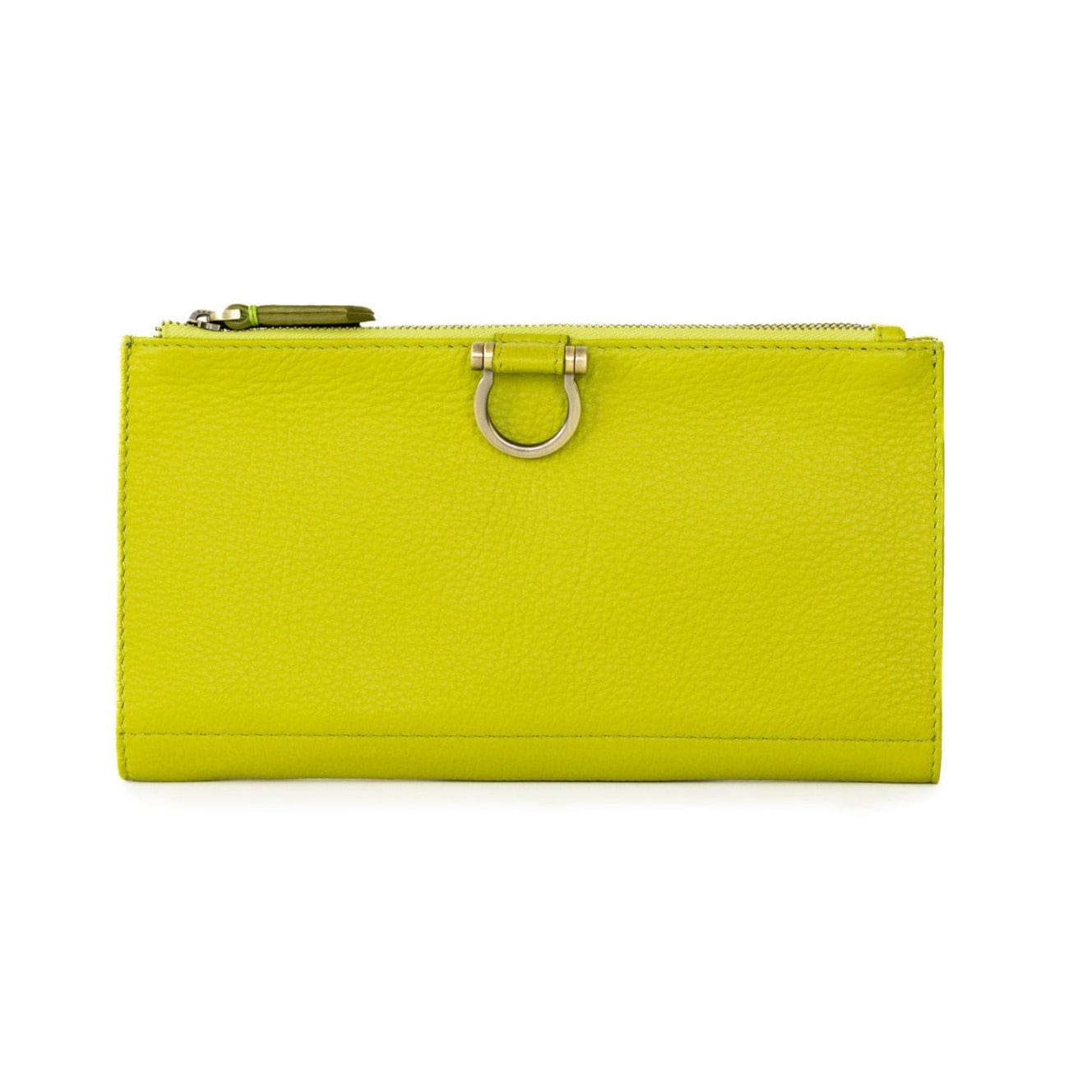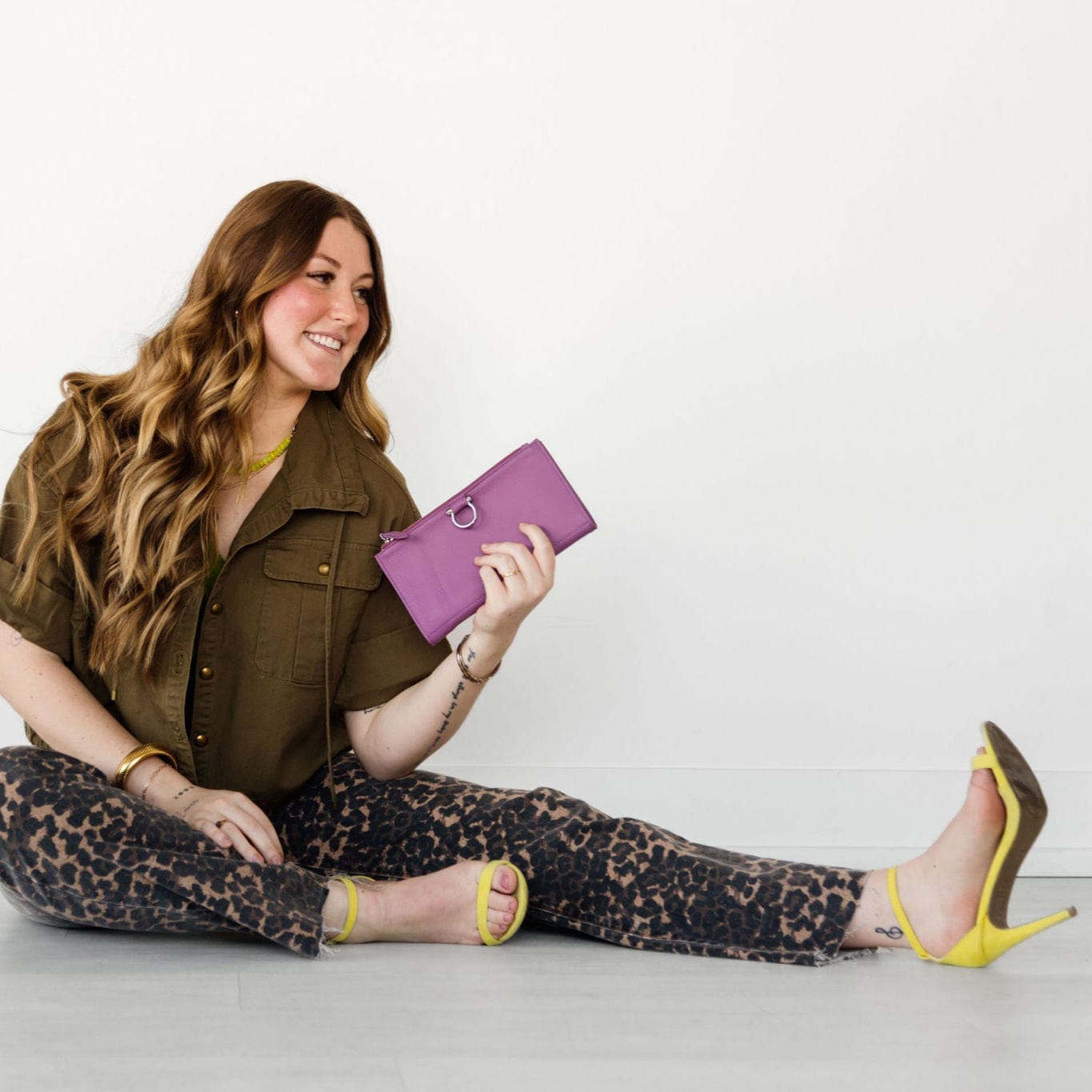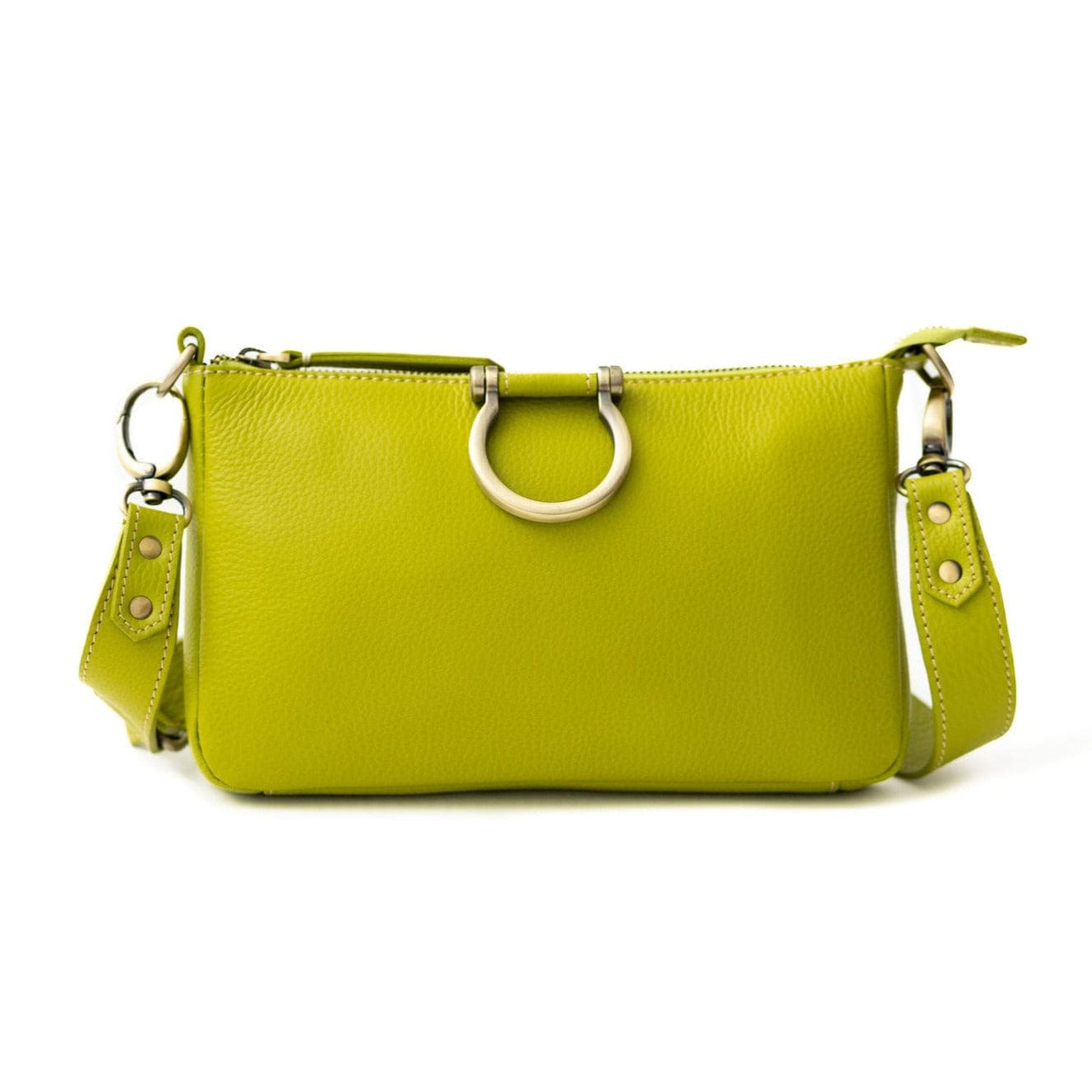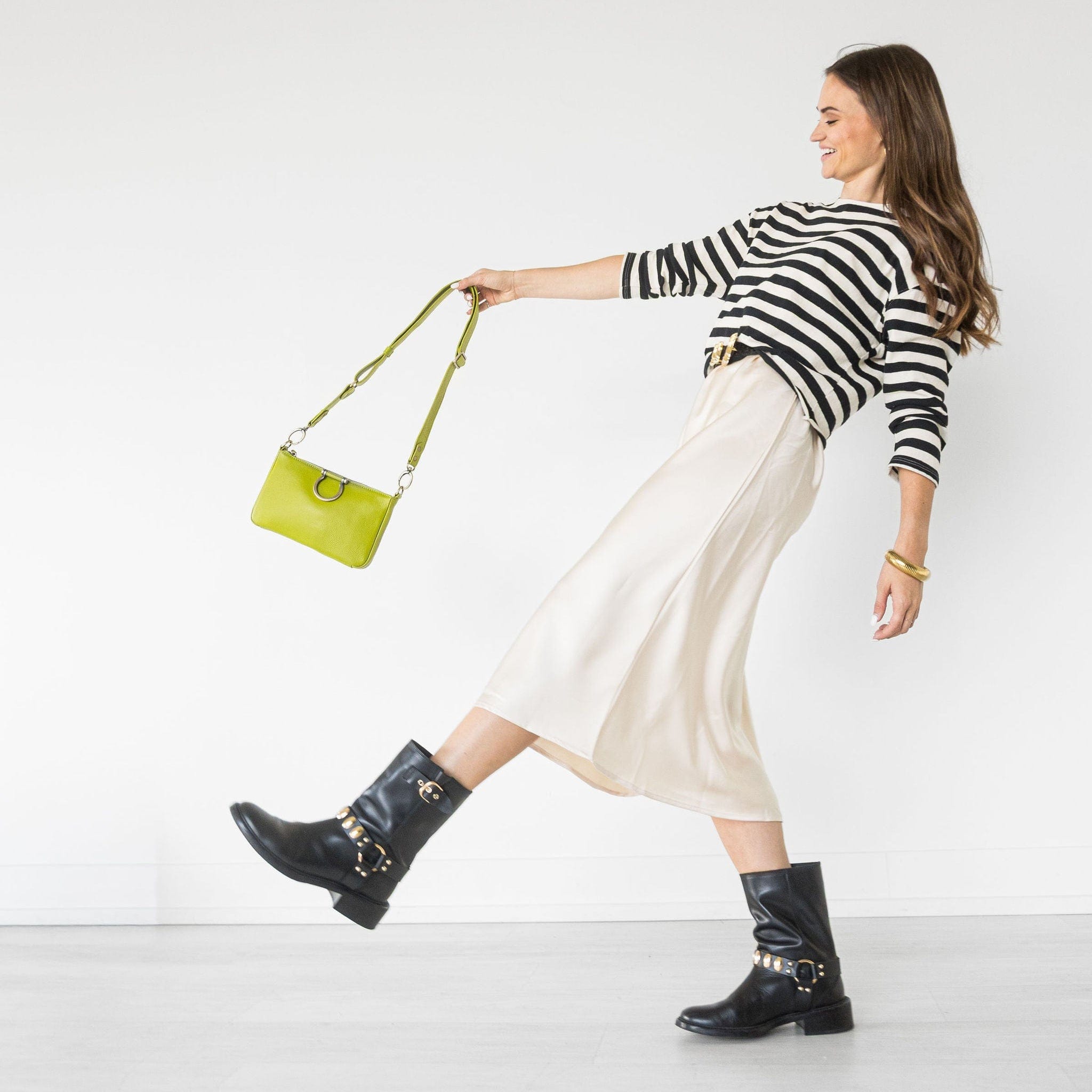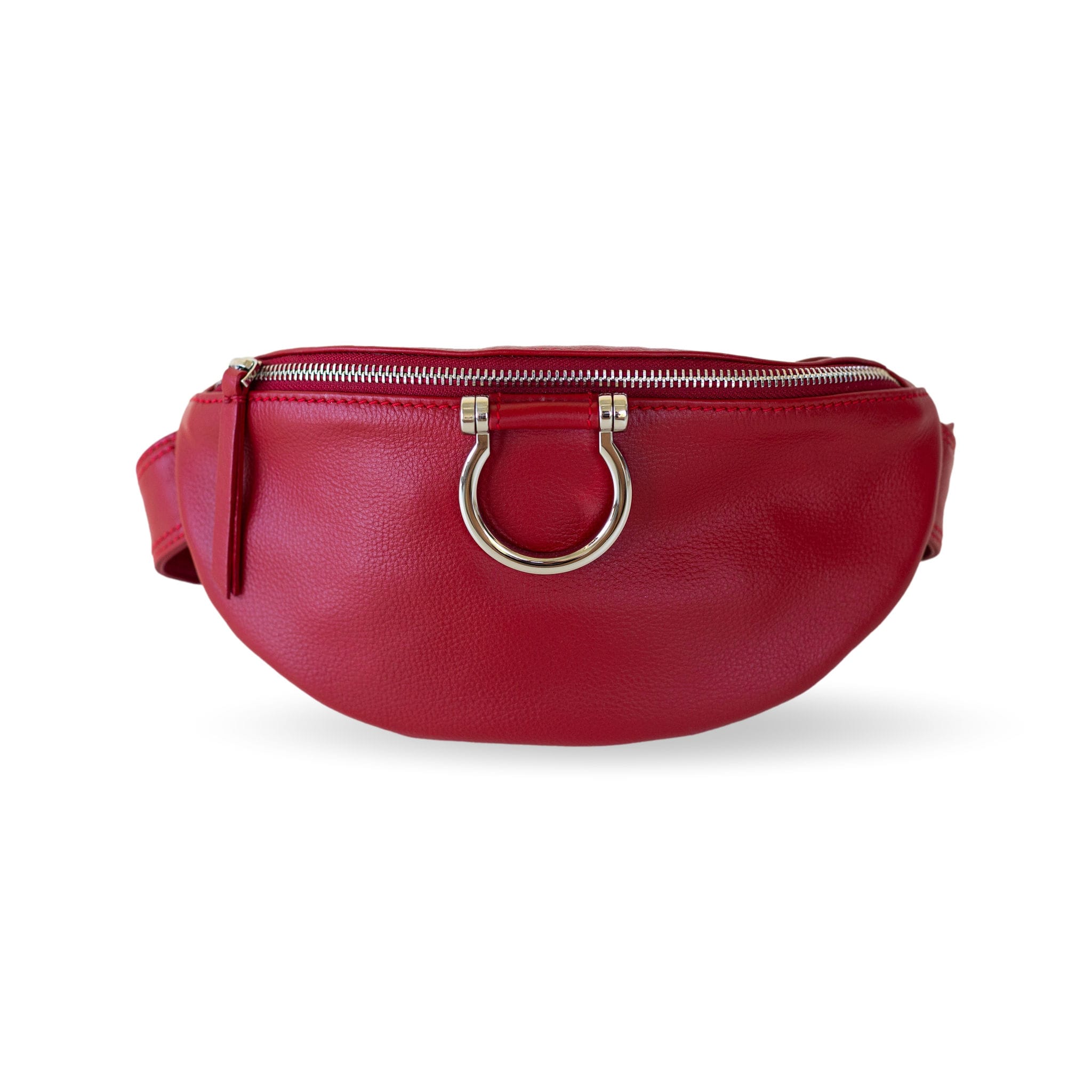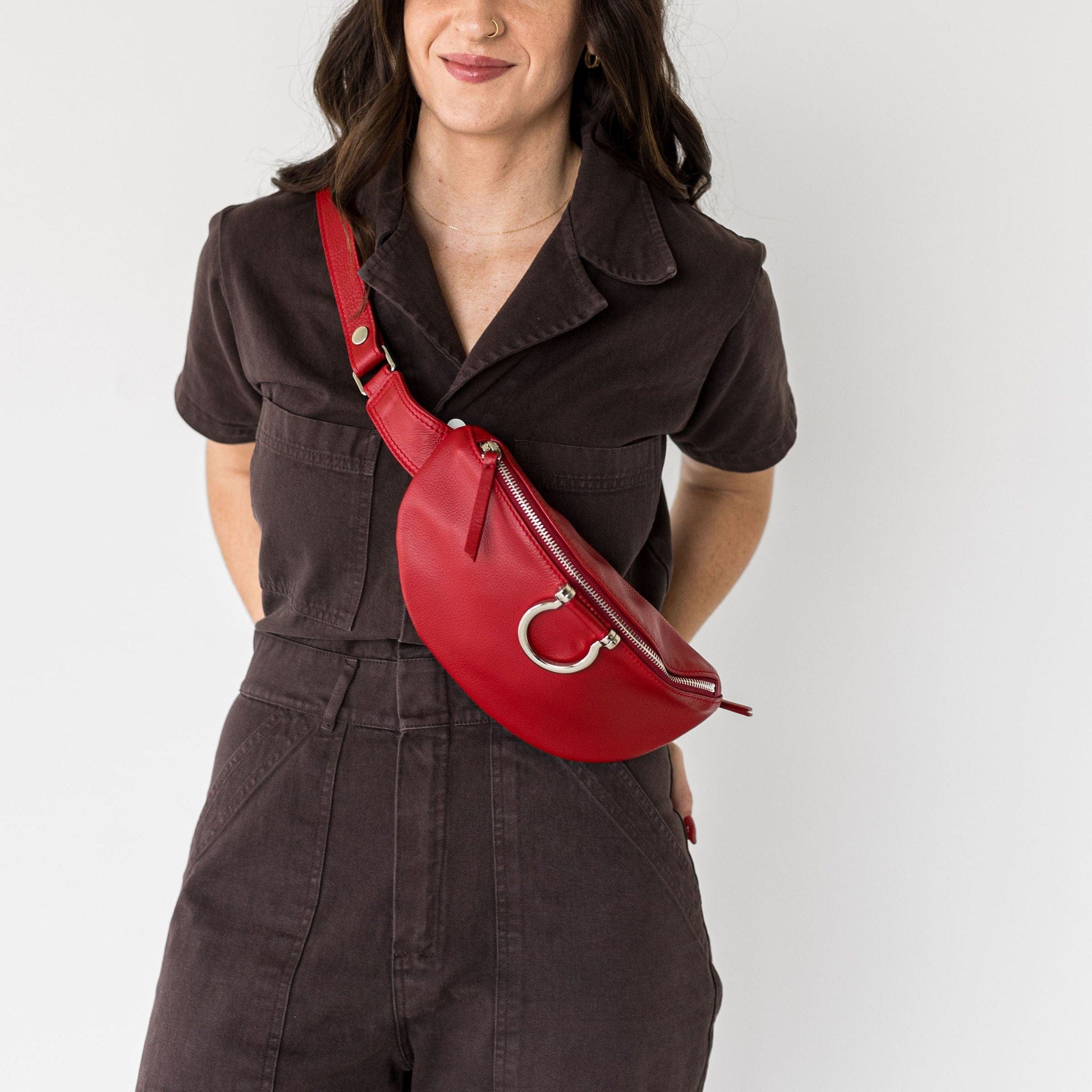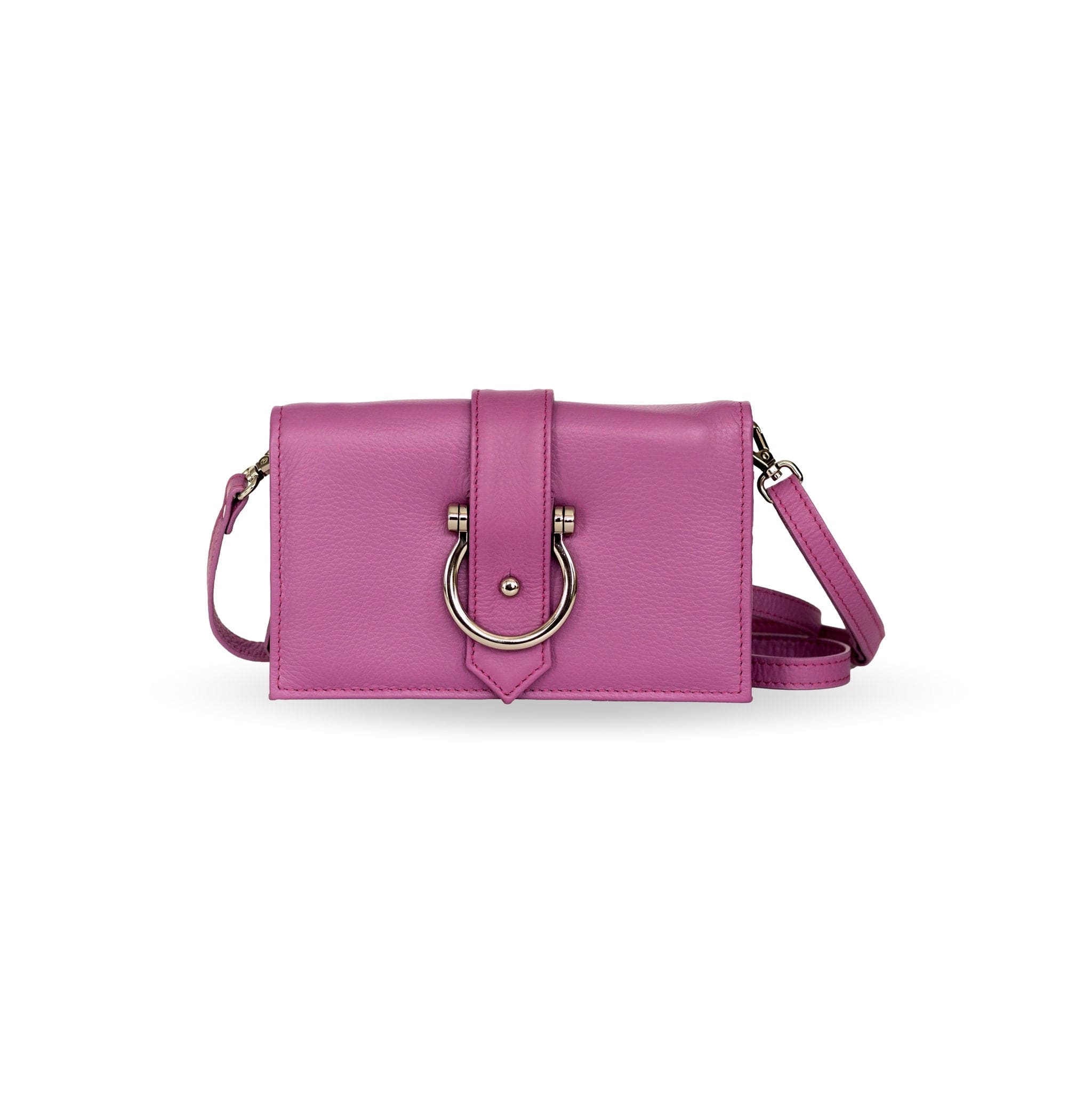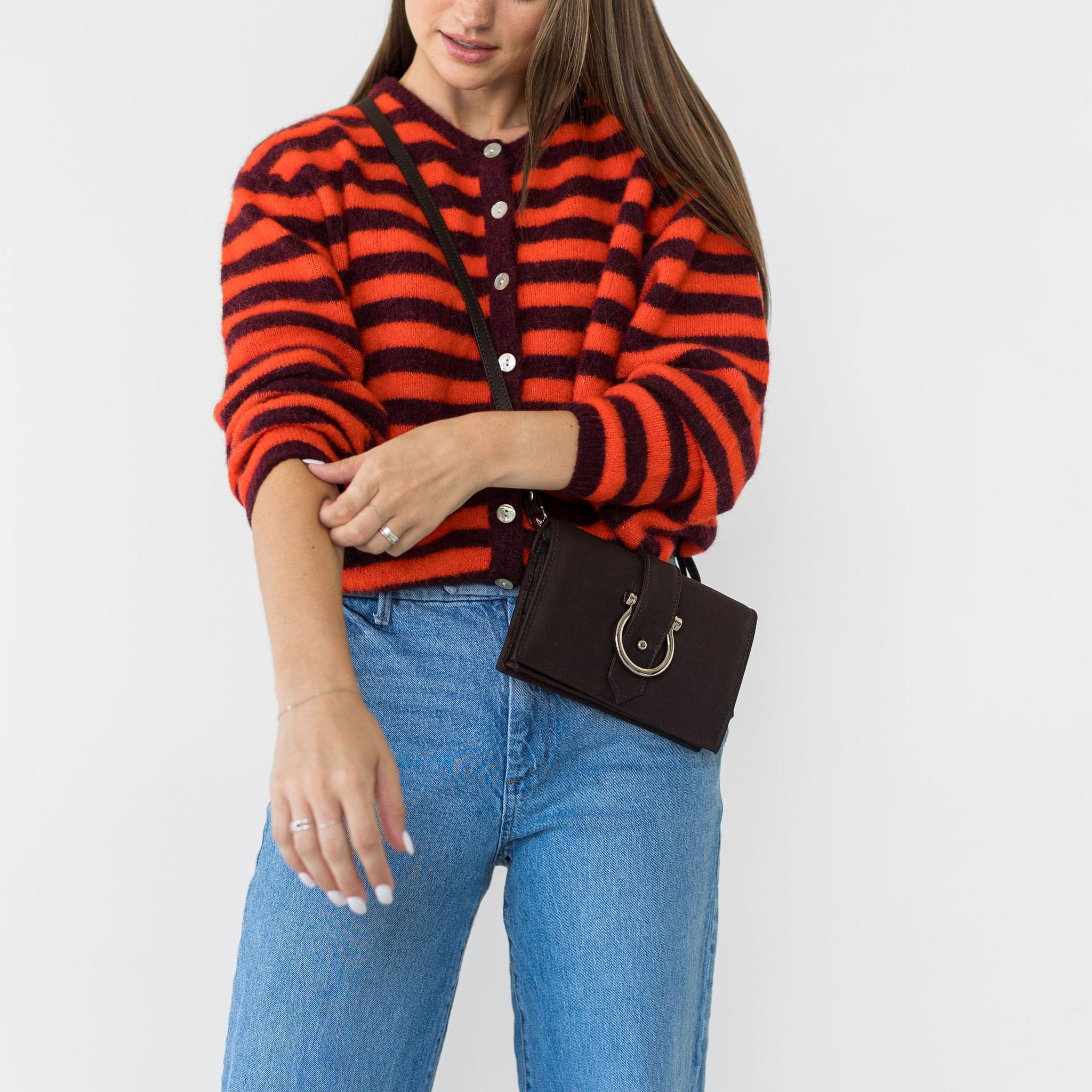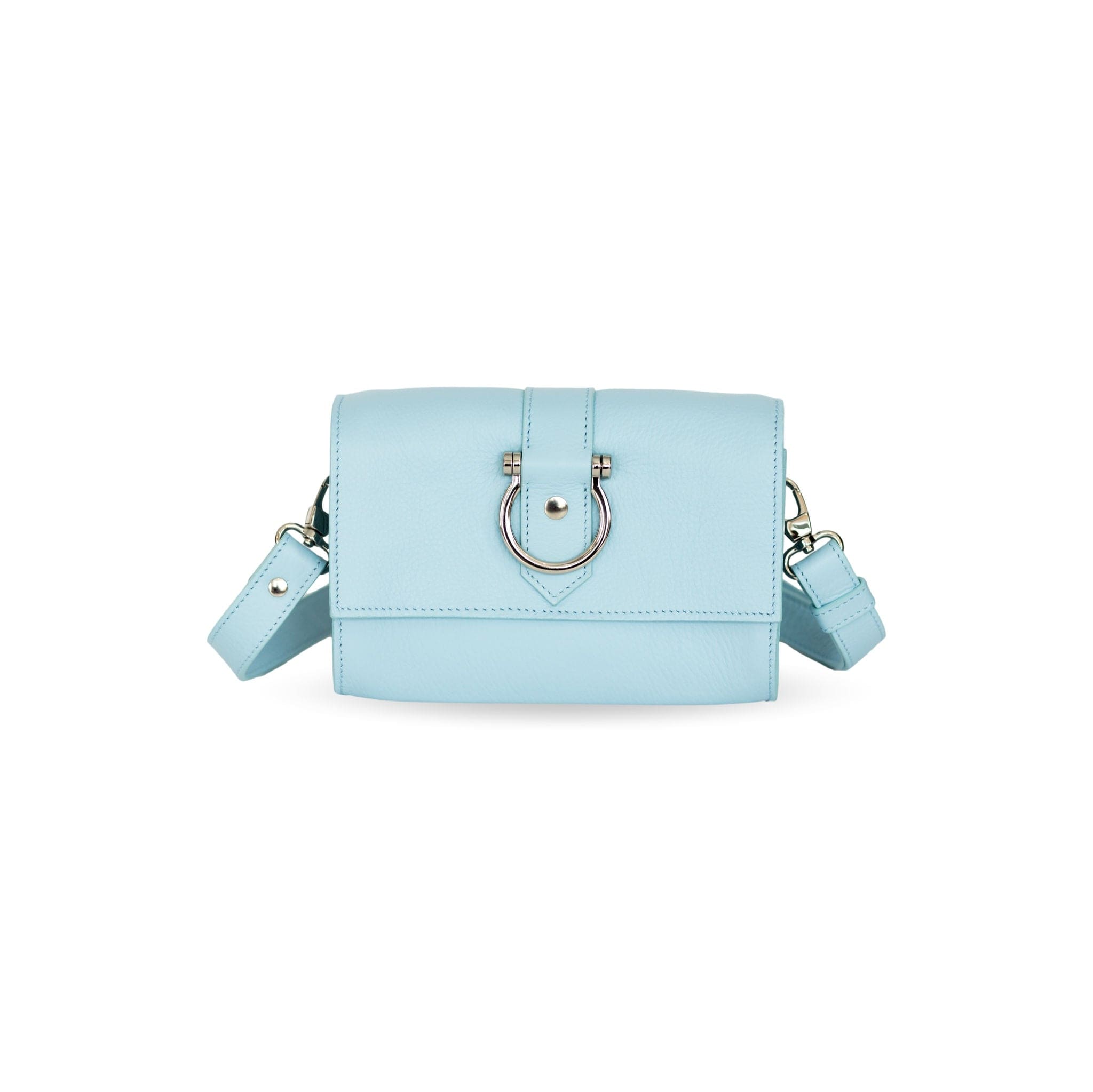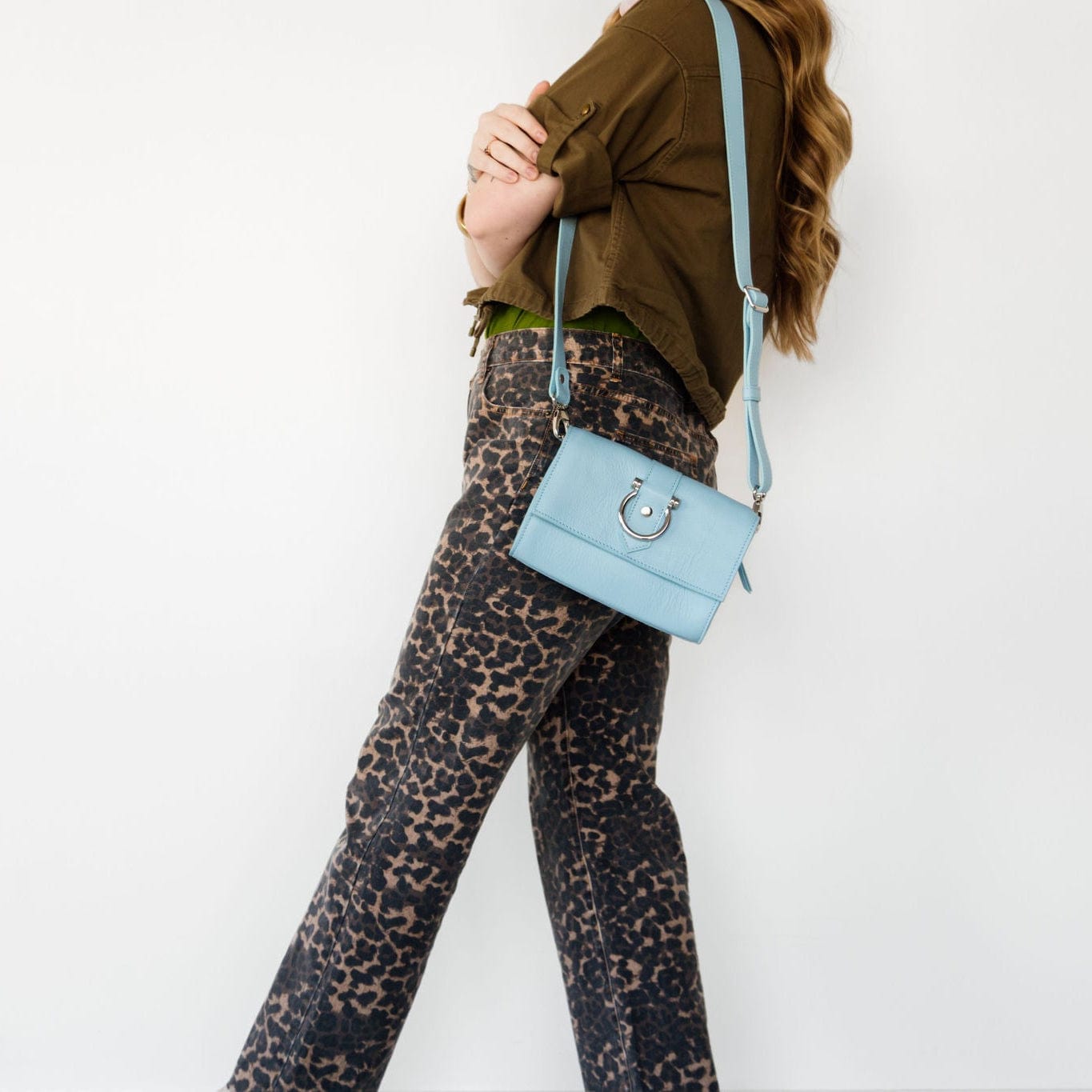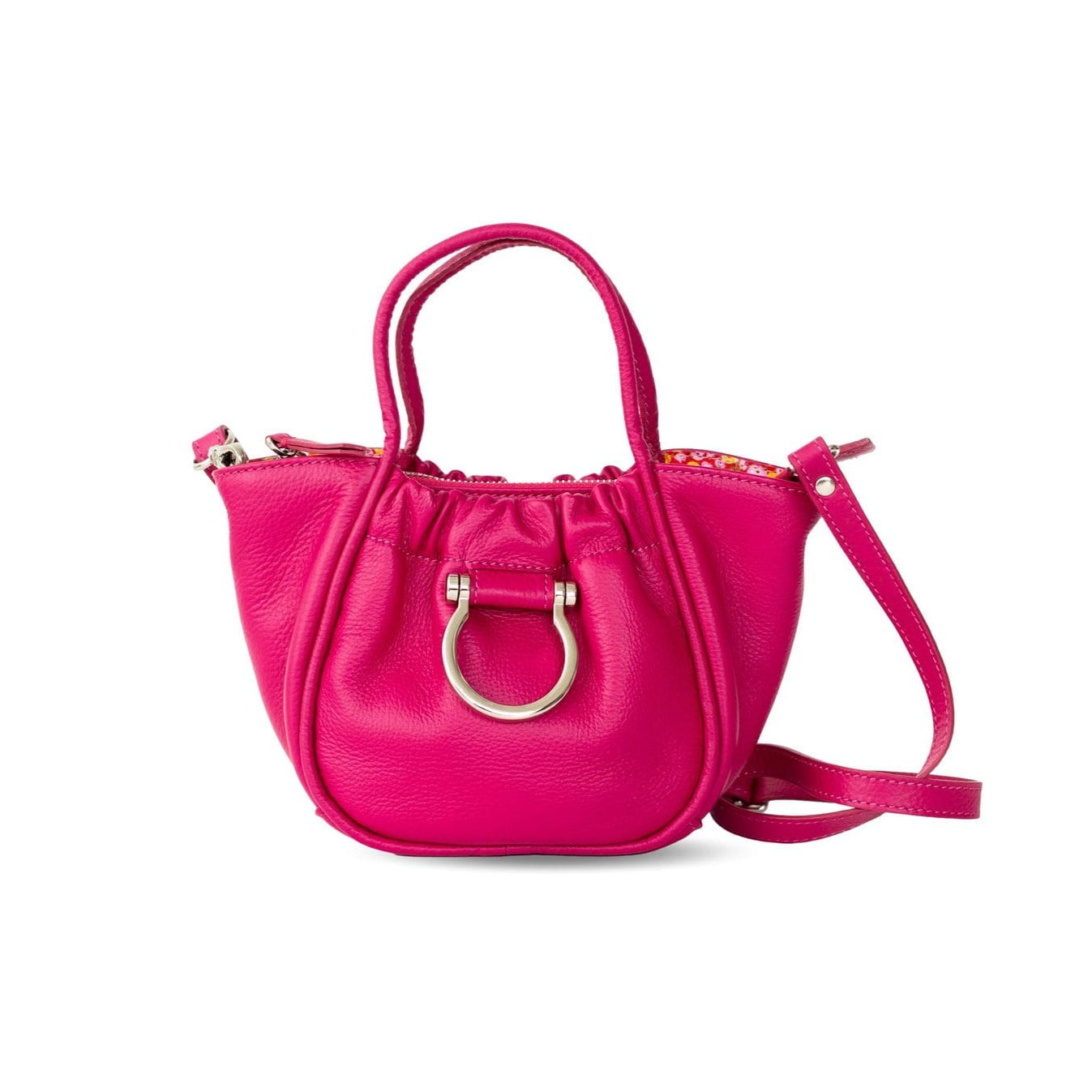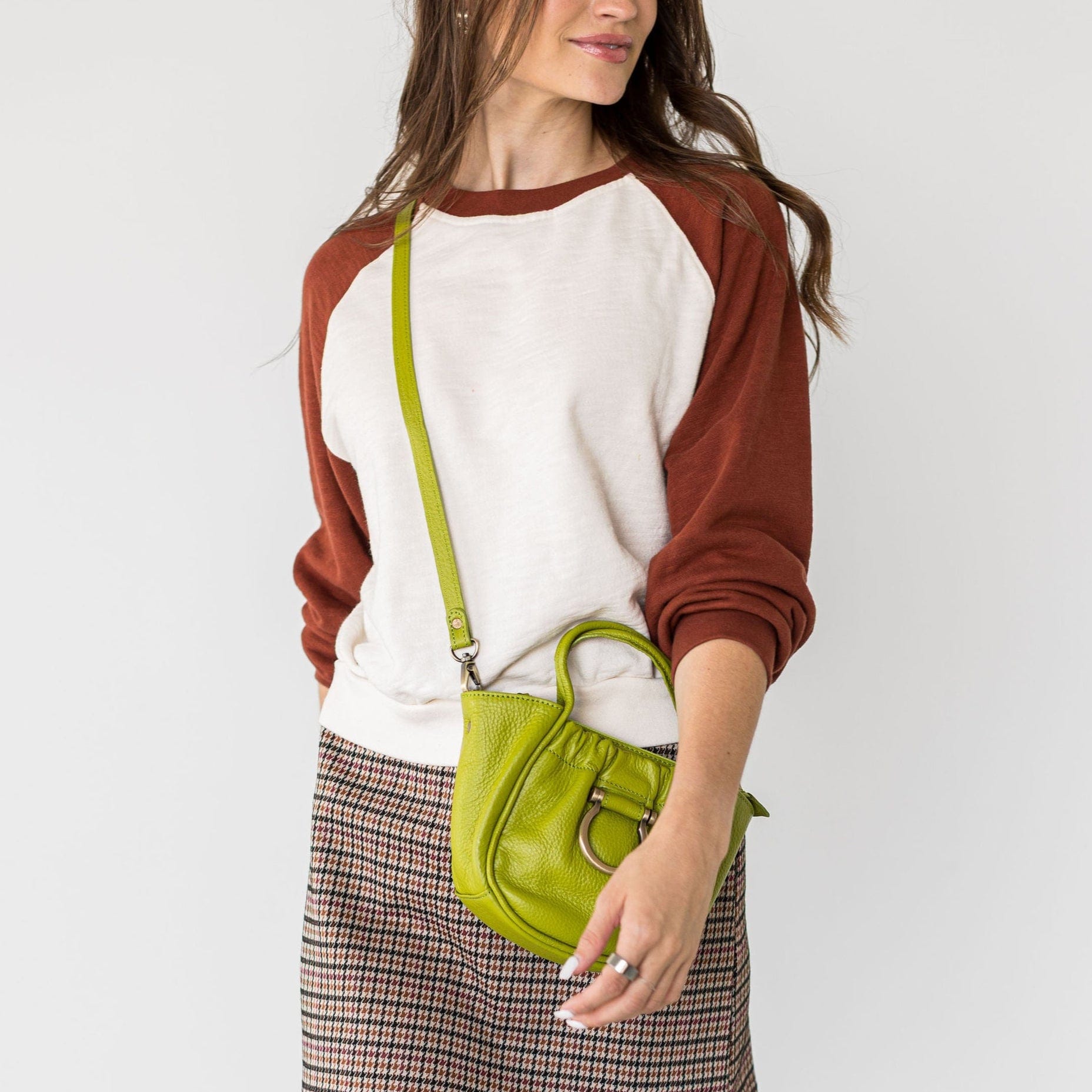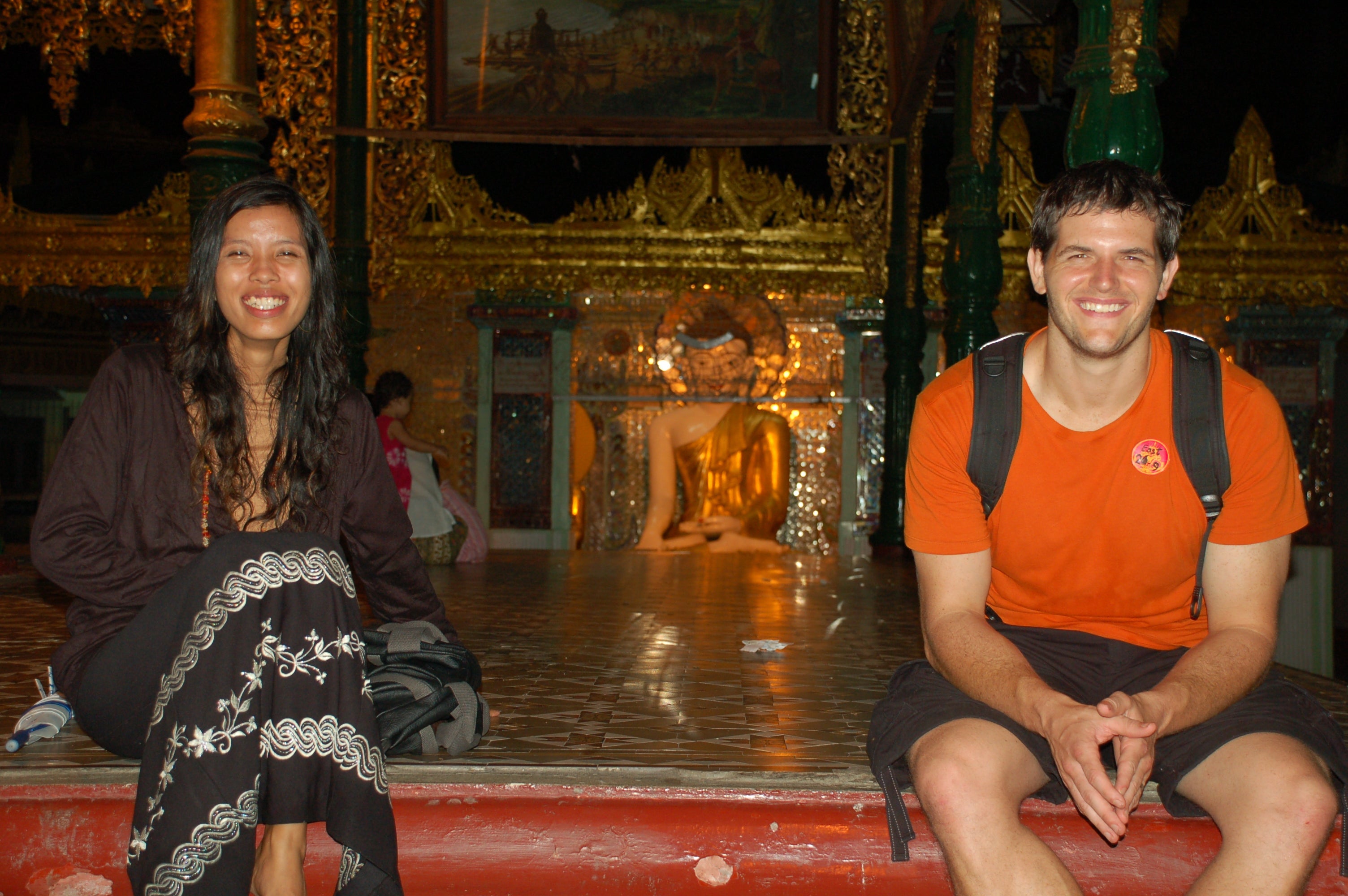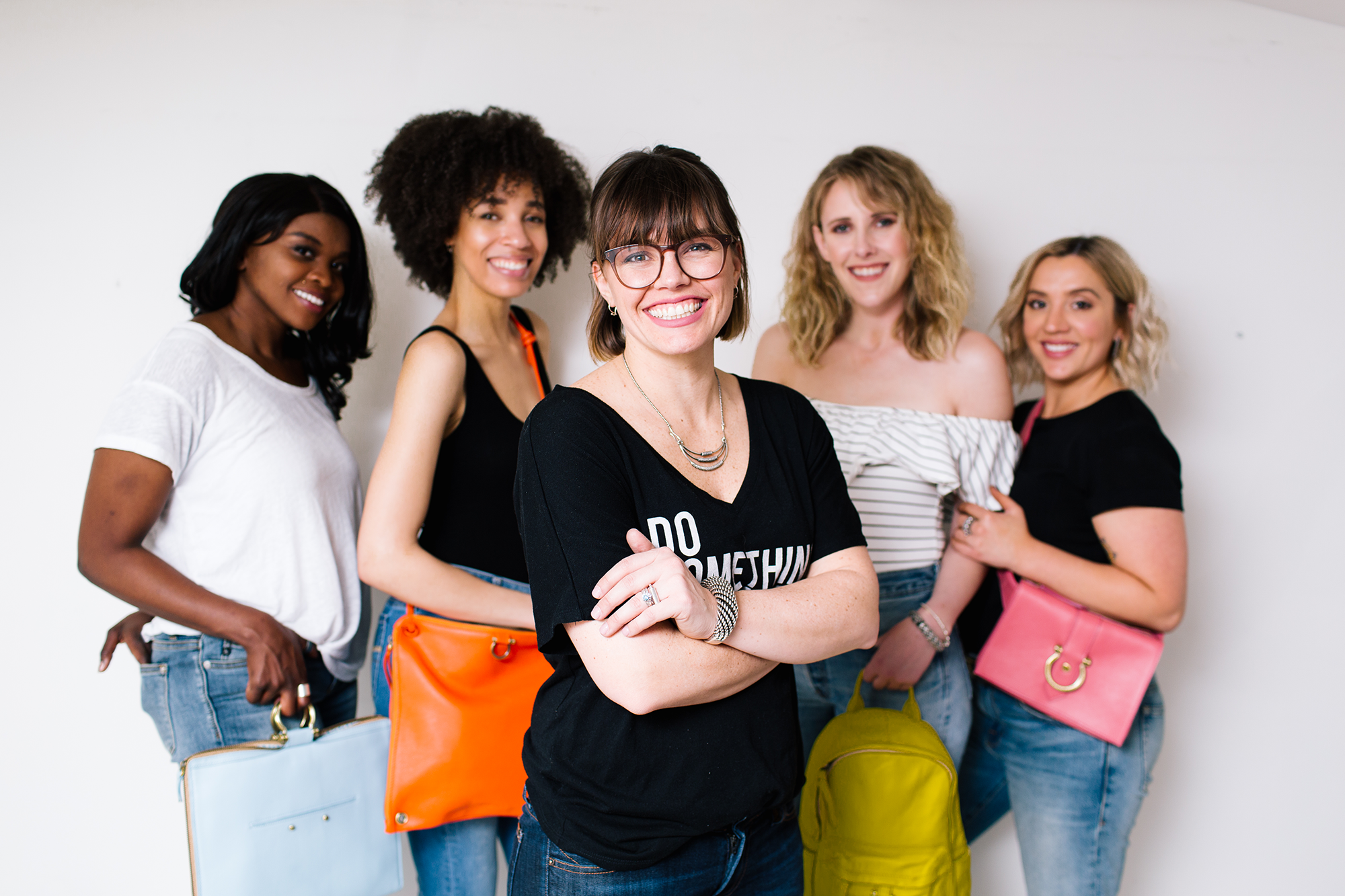If I hadn’t stumbled upon the village, and if I wasn’t so distracted by the woman’s orange scarf, none of this could have happened. I doubt Sapahn would exist and I’m sure my life would have continued on its current path. The what-ifs will make you crazy if you think about them too long. I just try to celebrate that it happened at all.
In 2010 I was trekking rural Myanmar, with my husband. He was conducting research for his dissertation to understand how rural villagers went about creating their own change in their communities under military dictatorship.
We wanted to meet the people where they lived, in the hills of Shan State Myanmar, and the only way there was on foot. We walked miles each day. For a while, nothing really notable happened. Until that one day - when I saw her.

She couldn’t be missed. We were coming upon a group of bamboo homes with kids running around playing and mothers doing chores. That’s when I saw one mother wearing a bright orange scarf. Then I saw another woman, and then another. They were so beautiful and captivating. I might have been staring, a little.
I made eye contact with some of them, exchanging smiles, when I saw one carrying her baby in the most beautiful sling. I pointed to her scarf, and in slow English I said, “I love it.”
She may not have understood my words, but she understood my facial expression - my love for their scarves, for that sling - couldn’t be contained. Communicating wasn’t easy - we had to translate from English to Burmese to the local tribe language - but we worked it out eventually. They told me they made the scarves themselves.
My eyes grew wide.
They’d even, um, sell them to me if I wanted.
My eyes were saucers.
“How much?” I asked. They told me their price and I didn’t bargain. The scarves were worth every penny.
As I gazed at the incredible quality of their work, I looked up and asked “How many do you have?” A few of the family members ran to the house and came back with what they had.
I lit up. “I want them all.”
As we walked on to the next village, I could feel a vibrating, giddy, excited buzz permeating all around us. This wasn’t still about the scarves I had just bought was it?
I tugged on my translator’s sleeve, “What is it? What’s going on? What are they saying?”
His response shocked me. It was also the moment Sapahn was conceived.

For most of us, it’s hard to comprehend that buying scarves is really that big of a deal. When I asked the translater what they were all saying, I assumed something else must be going on.
He leaned over and said, “They’re excited because now they can buy a cow for the entire village.”
It’s hard to describe what his words meant to me, but what I can tell you is that this moment has stuck with me every day since it happened, 11 years ago.

I often dream about the ripple effect this one act had on their village, their life, their wellbeing, their hope in the world …
It’s such a seemingly small, basic thing - something many of us do all the time. We buy a new cardigan, a cozy t-shirt, a little scarf to make a statement. We treat ourselves to a new purse, a larger bag, or upgrade our wallet.
But what if something we do all the time, if done thoughtfully, could have a huge ripple effect through families and across entire villages?
What if the vast world of trade was done this way — with respect to one's humanity, respect to their livelihood and for the mutual well-being of others?
What if we empowered people through trade?
The village knew how to take care of themselves - they didn’t need me, didn’t need a handout or charity — they needed what we all need - to be treated with dignity, and as equals - given the basic human rights we all need to thrive.
This includes how we trade- how we do business globally.
Each day we have a choice in what we buy.
This is power.
Me and you? We can and will make a huge impact globally. One act can create a lasting ripple effect that can lift an entire village. It doesn’t have to be some esoteric, overwhelming thing. The action I took wasn’t so big or complex. No, the action was a choice. With one simple act of buying consciously, we can set off a chain reaction that elevates more livelihoods than we can possibly imagine.
This is why we are Sapahn - a word that means “Bridge” in Thailand. Sometimes it seems we’re separated by a huge valley that’s too big, too overwhelming to pass.
But with a bridge, what was once impossible can become quite simple.
Thank you for crossing it with us.

